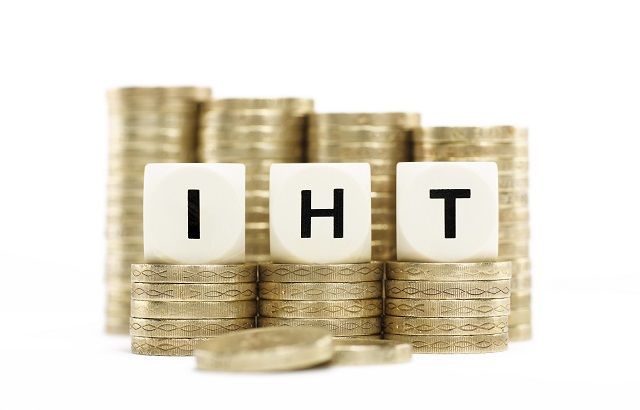HM Revenue & Customs (HMRC) revealed that it collected £5.5bn ($7.5bn, €6.5bn) in inheritance tax (IHT) between April 2021 and February 2022.
This shows that IHT has continued to “prove its worth to HMRC”, according to Andrew Tully, technical director at Canada Life.
The latest figure is £700m higher than the same period a year earlier, which Shaun Moore, tax and financial planning expert at Quilter, attributes to eyewatering house prices.
He said: “These ever-increasing figures demonstrate that the government are gradually increasing tax revenues without significantly increasing the burden on taxpayers. However, IHT was once viewed as a tax on wealthier individuals, but due to runaway house prices more people are getting caught by the tax and many people who would not consider themselves wealthy will now face a hefty IHT bill.
“This is well reflected in the fact that London and the Southeast have the most amount of estates paying IHT, which is due to the above average house prices in the region. While house prices may soon cool due to the never-ending list of financial concerns facing the UK such as inflation, energy prices and an unpredictable European war, this is unlikely to take the sting out of IHT bills for some time.
“The government are stuck between a rock and a hard place at the moment as they continue to have to cope with the significant debt it took on to cope with the pandemic but also now has the unenviable job of needing to help alleviate a cost-of-living crisis. Clawing back inheritance tax might seem like a good opportunity to refill the public coffers at this difficult time.”
Plan ahead and seek advice
But Julia Rosenbloom, tax partner at Tilney Smith & Williamson, believes the ever-rising figures should be a “wake-up call for families to think carefully about tax planning”, as she said that clearly IHT is the “gift that keeps on giving”.
“The outlook for personal taxes for the coming years is far from certain,” she said. “However, even without any changes to the way IHT is taxed, many people can still expect to see increased IHT bills given both the nil rate band and residence nil rate band have been frozen until at least April 2026. This is bringing more estates into scope, not least because of rising property values.
“Families should take professional advice and use their current tax allowances before any possible changes are introduced. By planning ahead and considering investing tax-efficiently or making gifts to family members – which may become increasingly welcome given the increase in the cost of living – there are a number of areas where an IHT bill could be reduced or eliminated.
“One area that families may wish to consider is the ‘regular gifts out of income’ IHT exemption. Where an individual has more income than they need to maintain their standard of living, and they make regular gifts to someone out of that excess income, the seven-year survival requirement does not apply; the gifts are just immediately exempt.
“With inflation and the rise in the cost of living, people should review any arrangements they have in this respect as they may have less excess income. If they are giving away more than their excess income, the gift is actually a potentially exempt transfer (PET) and there could be an IHT charge in the event of death within seven years.
“Plus, it can be an administrative nightmare for the executors as people rarely keep good records. Whilst the exemption is not widely known or understood, many people actually benefit from it without realising – for instance, grandparents paying school fees, funding a life assurance policy etc.”








